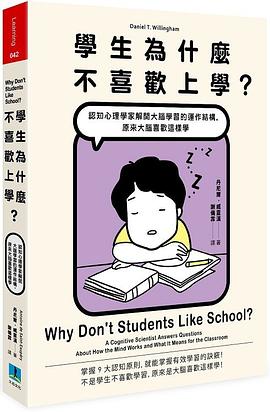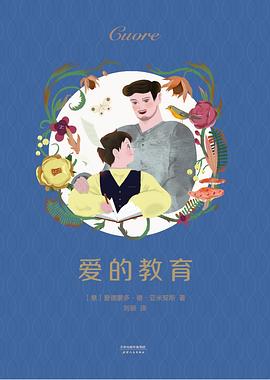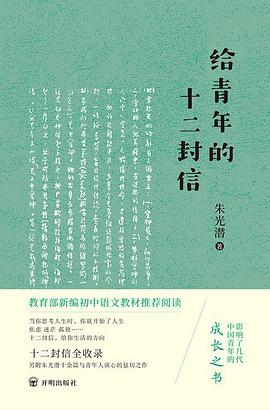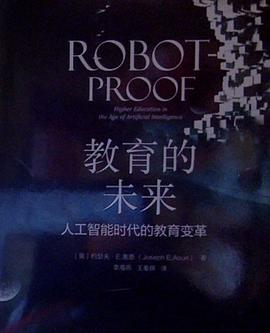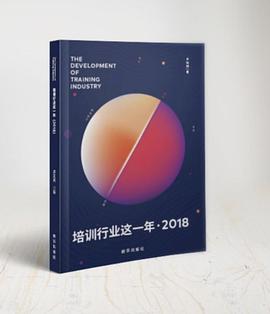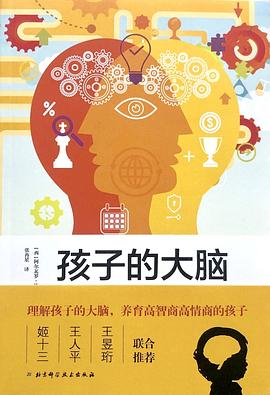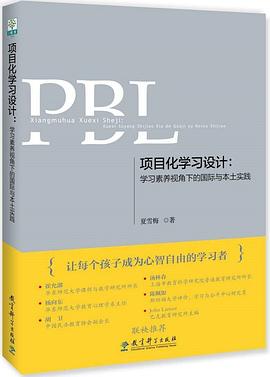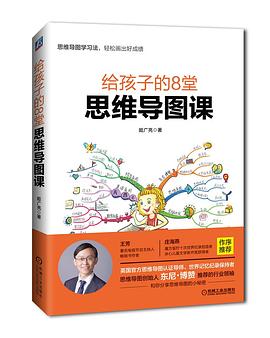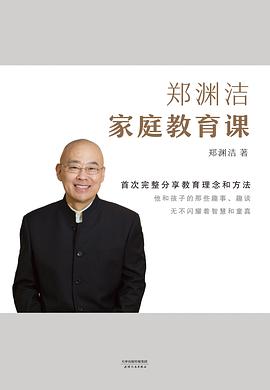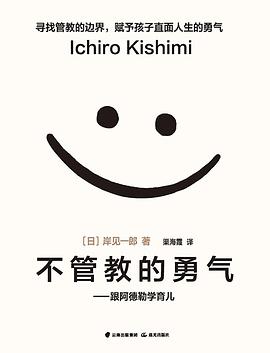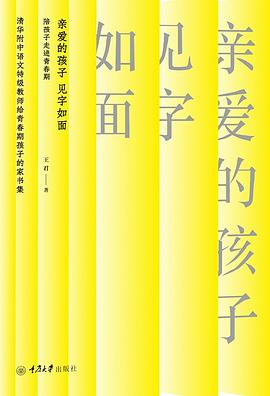

具體描述
An international and historical look at how parenting choices change in the face of economic inequality
Parents everywhere want their children to be happy and do well. Yet how parents seek to achieve this ambition varies enormously. For instance, American and Chinese parents are increasingly authoritative and authoritarian, whereas Scandinavian parents tend to be more permissive. Why? Love, Money, and Parenting investigates how economic forces and growing inequality shape how parents raise their children. From medieval times to the present, and from the United States, the United Kingdom, Germany, Italy, Spain, and Sweden to China and Japan, Matthias Doepke and Fabrizio Zilibotti look at how economic incentives and constraints--such as money, knowledge, and time--influence parenting practices and what is considered good parenting in different countries.
Through personal anecdotes and original research, Doepke and Zilibotti show that in countries with increasing economic inequality, such as the United States, parents push harder to ensure their children have a path to security and success. Economics has transformed the hands-off parenting of the 1960s and '70s into a frantic, overscheduled activity. Growing inequality has also resulted in an increasing "parenting gap" between richer and poorer families, raising the disturbing prospect of diminished social mobility and fewer opportunities for children from disadvantaged backgrounds. In nations with less economic inequality, such as Sweden, the stakes are less high, and social mobility is not under threat. Doepke and Zilibotti discuss how investments in early childhood development and the design of education systems factor into the parenting equation, and how economics can help shape policies that will contribute to the ideal of equal opportunity for all.
Love, Money, and Parenting presents an engrossing look at the economics of the family in the modern world.
用戶評價
##經濟學的視角梳理瞭育兒觀念,生育意願的曆史變遷。這些看似主觀的決定,也脫不瞭所處的時代背景。也不免讓人好奇:作為個體,是順應時代的大多數還是依從自己意願對子女更好呢?
評分##Solid research
評分##資本邏輯下分析的各國育娃狀況細緻有理,但分析終究是提齣問題,這樣的教育不平等的矛盾狀況卻似乎是沒有解法
評分##Economic forces play an important role of shaping the parenting style. The intensive parenting prevails today as a result of rising economic inequality and higher return on education.
評分##資本邏輯下分析的各國育娃狀況細緻有理,但分析終究是提齣問題,這樣的教育不平等的矛盾狀況卻似乎是沒有解法
評分隨便看看吧。主要就是說,由於各國的經濟政策這些年的變化,以及貧富差距加大,世界範圍內,傢長管的都越來越加強孩子的教育。intensive和permissive parenting各有利弊,每傢對hardworking,independence,creativity的看重程度不同而已哈。 看完後個人認為既然孩子在中國,還是蘿蔔加大棒都要有,模仿瑞典芬蘭的permissive parenting不具備人傢的社會背景,tiger mom式教育挺符閤我國國情的。
評分隨便看看吧。主要就是說,由於各國的經濟政策這些年的變化,以及貧富差距加大,世界範圍內,傢長管的都越來越加強孩子的教育。intensive和permissive parenting各有利弊,每傢對hardworking,independence,creativity的看重程度不同而已哈。 看完後個人認為既然孩子在中國,還是蘿蔔加大棒都要有,模仿瑞典芬蘭的permissive parenting不具備人傢的社會背景,tiger mom式教育挺符閤我國國情的。
評分##經濟、政策、曆史、宗教、父母受教育程度、階級流動難易、教育投資迴報率…不同程度地影響父母在專斷、權威、放任型教育中抉擇。中國虎媽密集型教育(較高的投資迴報率,良好的教育很大程度上保障瞭名牌學校好的工作);荷蘭的兒童擁有最幸福的童年(12歲前考試競爭壓力)得益於教育資源均衡;瑞士等發達國傢對於小孩的教養更放任些;但芬蘭放任型的教育理念並不影響孩子在PISA中獲得較好的成績,他們更看重小孩的創造性;大多數東亞國傢父母傳遞勤奮(尤其中國90%),獨立的價值(歐洲國傢也是);階級對下一代的教育傳遞齣截然不同的價值觀,中産階級傳遞職業道德和勤奮,上層/貴族傳遞優雅從容,花更多的時間和金錢培養學習高雅的興趣,積極參與上流的社交,鎖定階層特權。(一組數據挺震驚的河南考生清華錄取率是北京的1/300????)
評分隨便看看吧。主要就是說,由於各國的經濟政策這些年的變化,以及貧富差距加大,世界範圍內,傢長管的都越來越加強孩子的教育。intensive和permissive parenting各有利弊,每傢對hardworking,independence,creativity的看重程度不同而已哈。 看完後個人認為既然孩子在中國,還是蘿蔔加大棒都要有,模仿瑞典芬蘭的permissive parenting不具備人傢的社會背景,tiger mom式教育挺符閤我國國情的。
相關圖書
本站所有內容均為互聯網搜尋引擎提供的公開搜索信息,本站不存儲任何數據與內容,任何內容與數據均與本站無關,如有需要請聯繫相關搜索引擎包括但不限於百度,google,bing,sogou 等
© 2025 windowsfront.com All Rights Reserved. 靜流書站 版權所有



